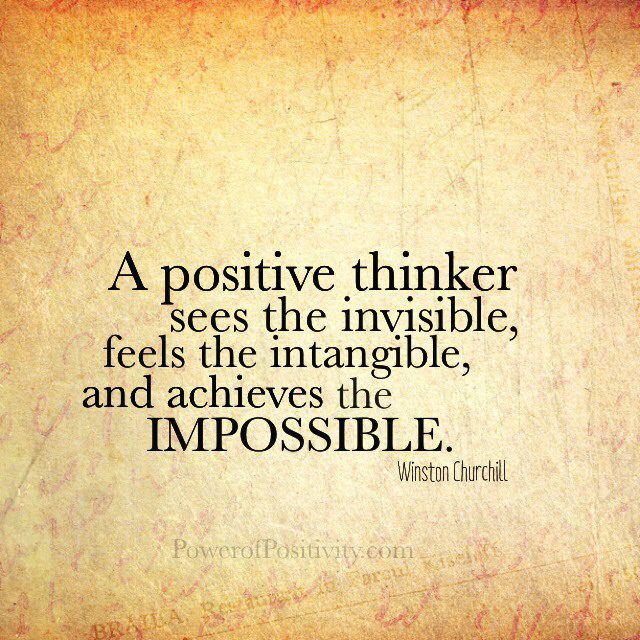Nearly every expert speaks highly of a daily “to-do” list. This list is supposed to cure stress and make you more productive and successful, right? So, we propose the idea of a different kind of daily list to create success in life. It’s called The “Like List Challenge”
Every day you have two choices. You can focus on what you like or what you don’t like. Essentially, you create your life based on where you keep your focus.
With every thought and word, you either add to the “Like List” or the “Do Not Like List”.
Which list are you adding more to right now?
For the next 24 hours, consciously monitor your thoughts and words.
Here is how you can take the “Like List Challenge.”
Observe what happens throughout the day, record the daily summary of your thoughts and conversations on paper.
If you find yourself with a large majority on the “Like List”, congratulations! You are allowing positivity to flow through you freely, which will result in more happiness, gratitude, fulfillment, love, and success. Your focus is on the positive direction and you will continue to see more abundance.
If you find yourself adding many items to the opposite list, the “Do Not Like List”, you are creating more limitations on yourself. The limitations in your life are there because of your focus on negative thoughts.
When you begin to release your limiting belief systems and stop adding to the do not like list, you create space for the things you do want.
It’s very important that through this process you are easy and gentle with yourself. You’re not perfect. You may add to the do not like list sometimes, but that happens. In fact, to a degree, knowing what we do not want can lead us closer to what we do want. It can give us experience and knowledge so we can grow our “Like List Challenge” circle and ask friends to join in.
Ideally, you want to keep your focus mainly on the “Like List”. Keep your “Do Not Like List” at a minimum, only using it as a tool to understand more about your like list, and adding to it.
Overall, strive to have 75% of your thoughts, words, actions, and reactions positive.
Keeping this strong focus on the things you like, will bring you more of what you like. The same is true for the other list.
So, YES it is really that simple.
You have the ability to allow your mind to be a fresh sheet of paper – a new list. You can write whatever you want on it, whatever feels good to you and is for your highest good.
Take the Like List Challenge and let me know what you find in the comments. Better yet, tag us on Facebook<3







